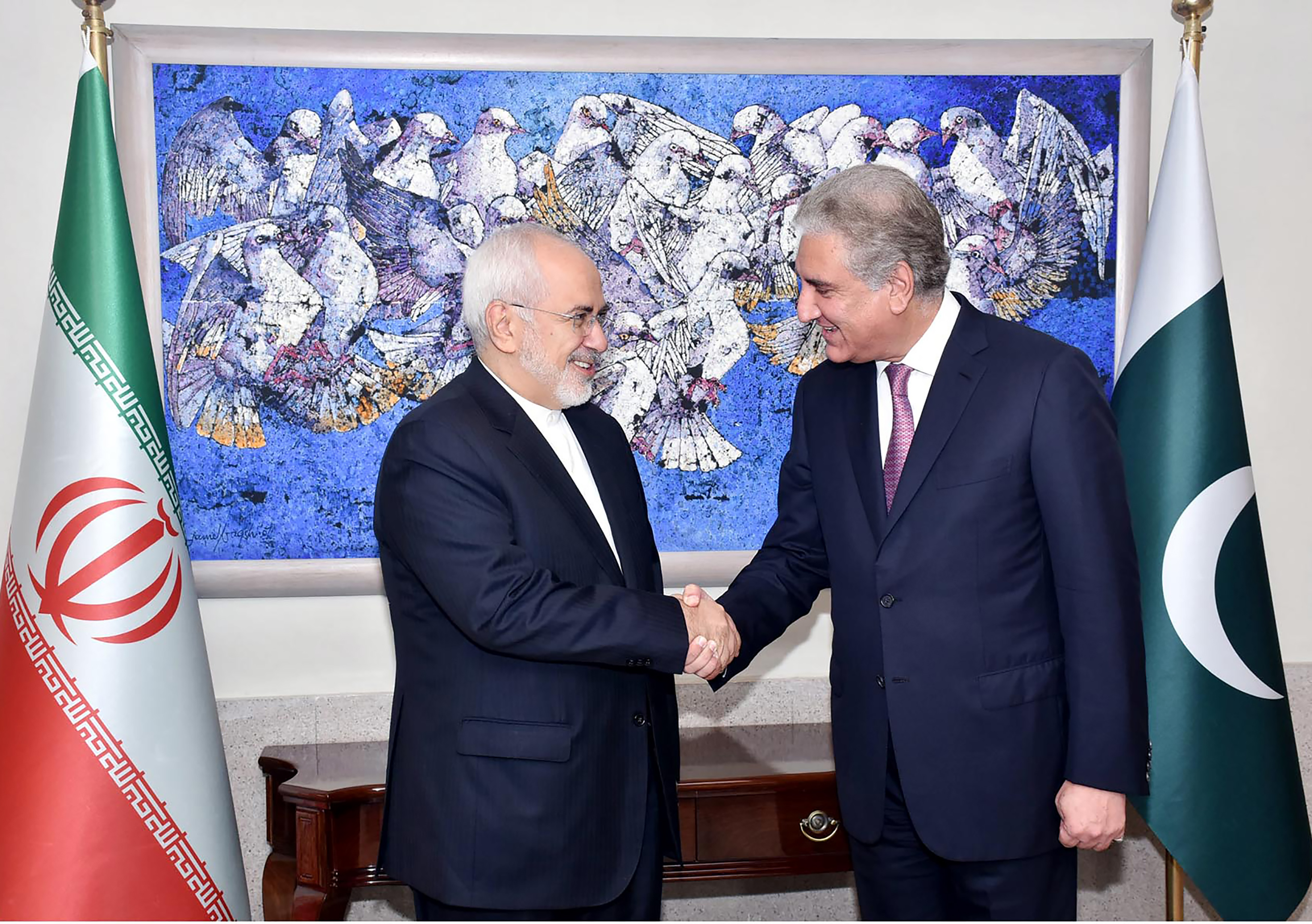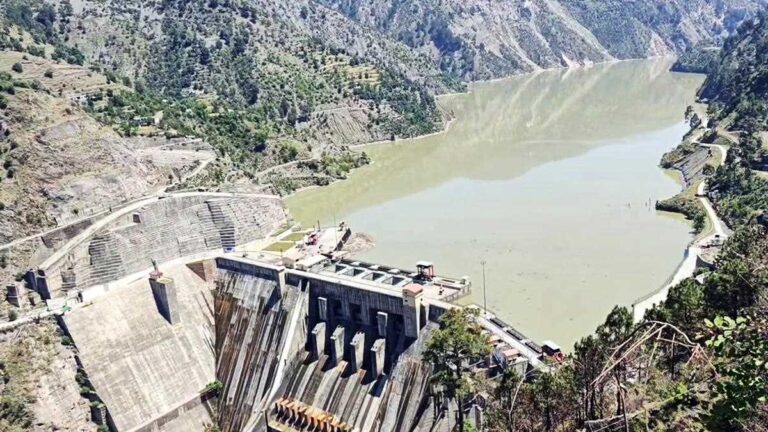
Source:AFP
Hamzah Rifaat Hussain
More than a dozen personnel of Iran’s Islamic Revolutionary Guard Corps were recently kidnapped in a pre-dawn raid along the Pakistan-Iran border. With the Balochistan province to the east and the Sistan Balochistan province to the west of Pakistan, this development can be construed as part of a wider trend of attacks aimed at sabotaging the existing relationship between Tehran and Islamabad. History between the two countries is replete with IRGC’s guards being targeted as well as cross border firing from Iran into Pakistan. Tehran carries out cross border firing on the pretext of targeting militias which it considers to be a threat to its territorial sovereignty and integrity. Wider trends aside, this development can also be placed in the context of regional dynamics in West Asia of which Saudi Arabia, Pakistan, Iran, the torrid situation in Afghanistan as well as Sunni-Shia proxy warfare are key elements.
Unlike previously, where Jundullah-a militant group primarily associated with the Tehrik-i-Taliban Pakistan with its top commander, Hakimullah Mehsud, carrying out the attacks, the Jaish-ul-Adl (the Army of Justice) claimed responsibility for this particular abduction of the guards. Images have been published on the abducted Iranian soldiers by the Salafist jihadist group which is not only based in Iran’s Sistan-Balochistan province but is also notorious for carrying out attacks against the Iranian military and civilians as well. It is also designated as a terrorist organization by Iran and Japan and poses a potent threat to the prospect of peace and stable relations between Iran and Pakistan. Ordinary they are not and ordinary they are not likely to be.
The group with its ‘Sunni- Salafi’ disposition is widely considered to be directly supported by Saudi Arabia which Iran accuses of fomenting discord in the region and within its borders. The export of the ultra-puritanical Wahhabi ideology and the pernicious effects on coexistence across Asia have resulted in the mushrooming of demagoguery which groups such as Jundullah and Jaish-ul-Adl are known for. While Pakistan has responded with offering cooperation to Iran to find out the whereabouts of the abducted guards, the relationship between both countries can deteriorate considerably in light of several factors.
Saudi Arabia has recently offered Pakistan $3 billion worth of assistance to check the latter’s balance of payment crisis and its strong foothold in Pakistani affairs continues to be a concern for Tehran. While the trust deficits may not translate into hostility and suspicion as is the case with Afghanistan’s response to the Kandahar attacks recently, with baseless allegations being leveled, prospects of cooperation between Iran and Pakistan are undoubtedly under threat due to the Saudi factor.
Security dynamics in the region can also mar cooperation between Iran and Pakistan. Few can deny that the major point of instability in Afghanistan and Pakistan is the presence of militia groups which subscribe to the ‘Salafi Jihadi’ ideology, which Saudi Arabia purportedly exports. As per arrangements such as the Afghanistan/ Pakistan Action Plan for Peace and Stability, the involvement of Iran as a party given its genuine grievances holds potential in diffusing tensions which are wreaking havoc in the region. For that to materialize however, there needs to be greater goodwill and trust between Kabul and Islamabad which going by the response to the Kandahar attacks has not taken place. If a Quadrilateral Coordination Group ( QCG) with China, the US, Pakistan and Afghanistan can be formed with the aim of promoting long term stability in Afghanistan, then the Af/ Pak Action Plan for Peace and Stability to counter terrorism in all its forms and manifestations is an area worth exploring. Expecting outside mediation to resolve crises of such proportion particularly given the quagmire that Iran faces with sanctions and the JCPOA issue, makes any arrangement beyond a bilateral or trilateral framework untenable. Regional dynamics do provide an opening for cooperation but also has significant impediments given Russia, the United States and China’s competing interests in the region.
Sunni-Shia proxy warfare continues to be a historical reality, but that, notwithstanding, Pakistan has made extensive strides in tackling terrorism inside its borders. Dismantling the Tehrik-i-Taliban Pakistan and a marked reduction in the amount of attacks taking place across the country is indicative of how the country has tackled terrorism head on. The country can also not afford another Iranian/ Saudi Arabia brawl to take place on its soil and such warfare is considered to be undesirable economically given that Pakistan is cash-strapped and there are repeated calls for economic cooperation through the One Belt One Road initiative or trade from numerous capitals. Policy options for both Pakistan and its neighbors need to thus, center on resuscitating their economies, focus on restructuring and rebuilding state institutions as well as devise strategies for long term stability in Afghanistan. Incidents such as the IRGC guards’ abduction are irritants in ties between the two neighbors.
Terrorism as Dr. Jeffrey Bale of the Middlebury Institute of International Studies defines, is an operational technique with the prime objective of delivering a message to a wider target audience. Abductions, kidnappings, killings, beheadings and suicide attacks are operational techniques aimed at sabotaging peace processes, dialogue, agreements and mechanisms for dispute resolution and in Asia so far, they have been highly successful. The India-Pakistan relationship or the Af/ Pak relationship are clear examples of how mistrust, suspicion and hostility brew whenever spoilers such as Jundullah, TTP, the Afghan Taliban or Hindu extremists carry out operational techniques to target audiences, be it the military, civilians, governments or even the international community. For Pakistan, something similar happening in the case of its relationship with Iran is undesirable despite the fact that Iran is receiving considerable flak in the international community in the form of sanctions. A dynamic foreign policy would mean mending fences with every neighbor and Tehran and Islamabad need to do exactly that.
Hamzah Rifaat Hussain is a Lecturer at the Air University, Islamabad.




